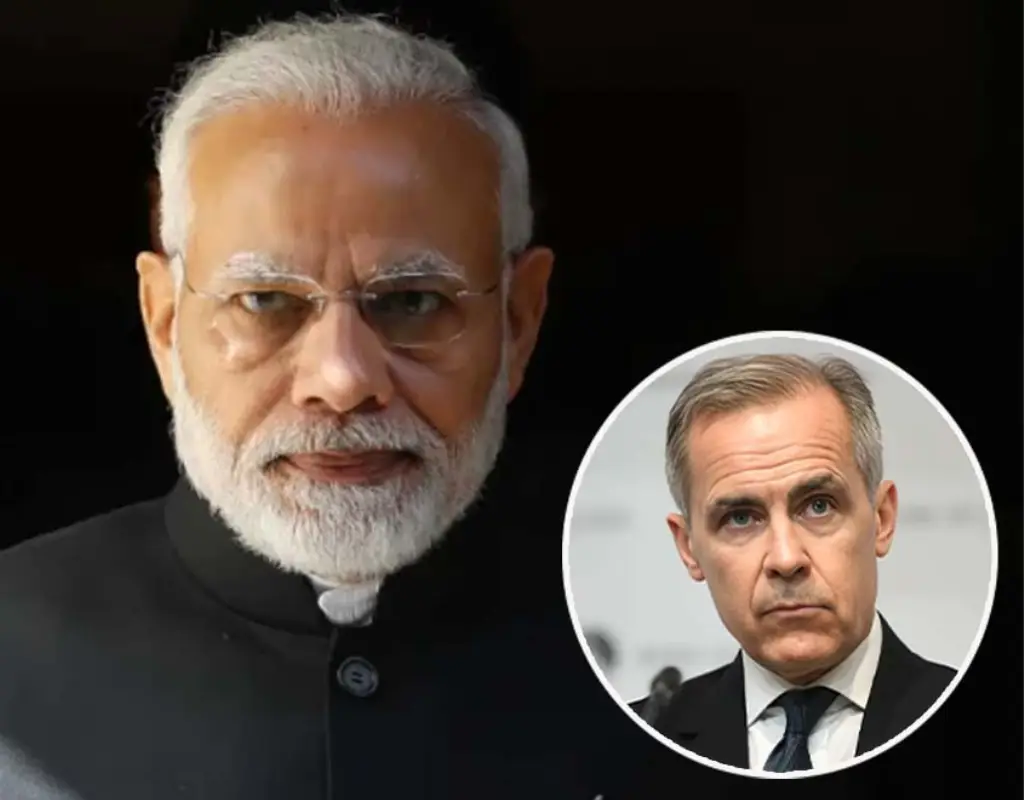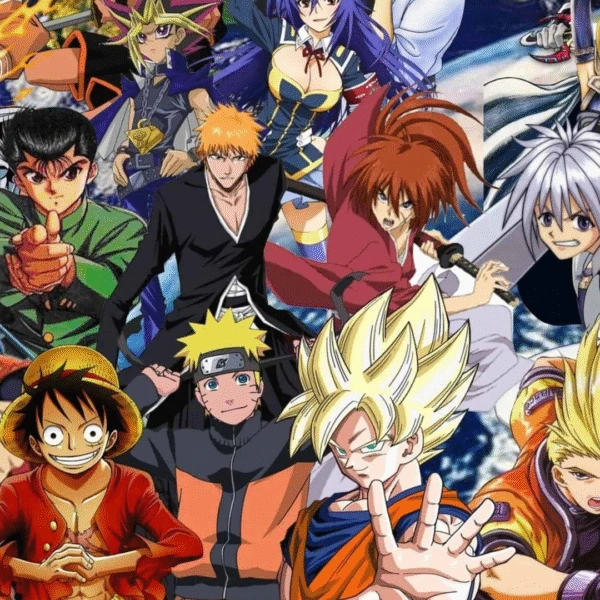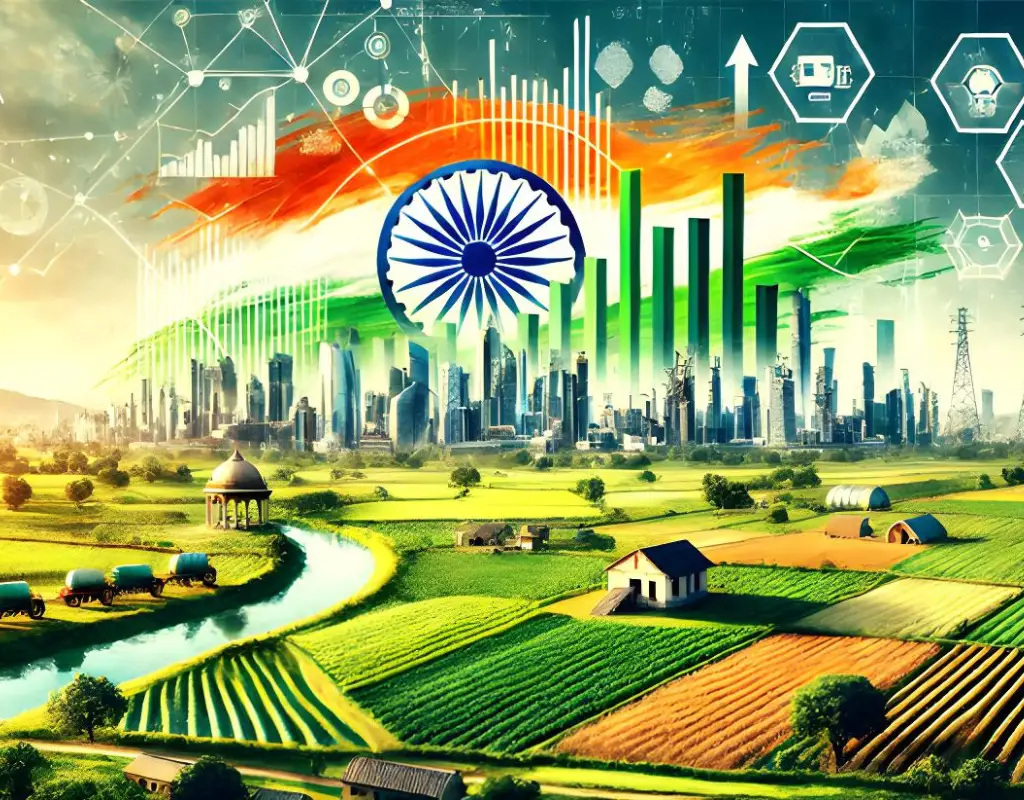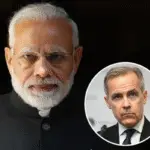Now Reading: G7 2025: Canada’s Bold Invitation to India – A Strategic Imperative for Global Stability
-
01
G7 2025: Canada’s Bold Invitation to India – A Strategic Imperative for Global Stability
G7 2025: Canada’s Bold Invitation to India – A Strategic Imperative for Global Stability

G7 2025: Canada’s PM Carney reveals why he invited India’s PM Modi to the summit. Explore strategic reasons, diplomatic shifts, & India’s pivotal global role in 2025.
In a striking diplomatic move that underscores a deliberate recalibration of international alliances, Canadian Prime Minister Mark Carney extended a high-profile invitation to Indian Prime Minister Narendra Modi for the G7 Summit, slated to convene in the scenic Kananaskis, Alberta, from June 15-17, 2025.
This gesture is far more than mere diplomatic courtesy; it represents Canada’s strategic recognition of India’s burgeoning influence on the global stage and a clear intent to mend and fortify bilateral ties that have recently weathered a period of significant strain.
The invitation immediately ignited a flurry of discussions across diplomatic and economic circles, signaling a potential new chapter for cooperation between two vibrant democracies that, despite their recent differences, share fundamental values and increasingly intertwined economic interests.
At a time of unprecedented geopolitical flux, the inclusion of a nation as pivotal as India within the G7 discussions marks a decisive shift towards a more inclusive and representative global governance framework.
Mark Carney’s Strategic Vision: Why India is Indispensable

During a candid press conference on Parliament Hill, Prime Minister Carney, a figure with a distinguished background as a former Governor of both the Bank of Canada and the Bank of England, and a UN Special Envoy for Climate Action and Finance, articulated with remarkable clarity the strategic imperative behind inviting India to the prestigious summit.
His insights, rooted in deep understanding of global economic and technological ecosystems, emphasized India’s non-negotiable role in shaping the future.
Carney declared unequivocally:
“As chair of the G7, it is important to invite the most important countries to attend to talk about important issues such as energy, artificial intelligence, critical minerals, and India is really at the very centre of global supply chains.”
He further underscored India’s immense demographic and economic gravity, a factor that simply cannot be overlooked in contemporary global deliberations:
“The most populous country in the world, with the fifth-largest economy, should be present at this year’s G7.“
These pronouncements by Prime Minister Carney resonate deeply with the evolving geopolitical landscape.
They reflect Canada’s, and by extension the G7’s, recognition of India’s indispensable contributions to tackling the most pressing global challenges of our era: from securing diverse and resilient energy sources, to fostering ethical and innovative technological advancements, and ensuring the stability of critical supply chains, which have been severely disrupted by recent geopolitical tensions and the aftershocks of a global pandemic.
India’s sheer scale, its vast talent pool, and its growing economic might position it as a non-negotiable partner in any serious discussion about global stability and prosperity.
Navigating the Complexities: Moving Beyond Diplomatic Ice
The timing of this invitation is particularly sensitive, as Canada and India have been actively seeking avenues to mend relations that had grown notably strained.
The previous administration under former Canadian Prime Minister Justin Trudeau saw bilateral ties cool significantly, particularly following his public allegations in September 2023 of “potential” Indian government involvement in the killing of Hardeep Singh Nijjar, a Canadian citizen and prominent pro-Khalistan separatist leader.
India vehemently rejected these claims as “absurd” and “motivated,” leading to a temporary but significant scaling back of diplomatic engagements, trade talks, and even visa services.
When pressed by journalists about the lingering implications of the Nijjar case during his press conference, Prime Minister Carney adopted a meticulously measured tone.
His approach was deliberately forward-looking, focusing on the ongoing legal processes within Canada rather than reopening old wounds or prejudging outcomes. He stated firmly:
“There is a legal process that is literally under way and quite advanced in Canada, and it’s never appropriate to make comments with respect to those legal processes.”
Carney also subtly indicated a commitment to continued engagement, noting that Canada and India have agreed to maintain a “continued law enforcement dialogue” to address mutual concerns.
However, he judiciously refrained from elaborating on whether this dialogue specifically includes direct cooperation on the Nijjar investigation, a point of considerable contention.
This cautious and pragmatic approach by the new Canadian leadership signals a clear desire to prioritize the broader strategic benefits of collaboration over immediate diplomatic friction, aiming to build a more stable foundation for future interactions.
It reflects a nuanced understanding that complex issues require careful handling, allowing legal processes to run their course while actively pursuing avenues for strategic alignment.
PM Modi’s Affirmative Response: A Commitment to Shared Destiny
Prime Minister Narendra Modi’s confirmation of his participation in the G7 Summit was swift and unequivocally positive, expressing robust optimism about the renewed opportunity to deepen India-Canada relations.
In a widely noted post on X (formerly Twitter) on June 6, 2025, Modi conveyed his enthusiasm for the upcoming engagement, signalling India’s willingness to embrace this diplomatic reset:
“Glad to receive a call from Prime Minister @MarkJCarney of Canada. Congratulated him on his recent election victory and thanked him for the invitation to the G7 Summit in Kananaskis later this month. As vibrant democracies bound by deep people-to-people ties, India and Canada will work together with renewed vigour, guided by mutual respect and shared interests. Look forward to our meeting at the Summit.”
Modi’s response is significant for several reasons. It deliberately highlights the foundational shared democratic principles and the profound cultural connections that underpin the India-Canada relationship.
The vast and thriving Indian diaspora in Canada, numbering over 1.3 million and representing a vibrant tapestry of cultures, serves as an indispensable bridge between the two nations, fostering robust economic ties, dynamic educational exchanges, and rich social connections.
Modi’s attendance at the summit is poised to not only reinforce these critical people-to-people bonds but also to advance crucial discussions on global issues where India’s perspective is increasingly sought after.
His emphasis on “mutual respect and shared interests” lays the groundwork for a more constructive and equitable partnership moving forward.
India’s Enduring Role in the G7 Plus Outreach: A Global Power on the Rise
It is crucial to note that while India is not a formal member of the G7—which comprises Canada, France, Germany, Italy, Japan, the United Kingdom, and the United States, along with the European Union—it has become a consistent and influential invitee to the summit.
This pattern began in 2019 under the French presidency and has largely continued, with the notable exception of 2020 when the event was largely curtailed due to the global COVID-19 pandemic.
India’s repeated inclusion in this exclusive forum reflects its undeniable ascent as a global economic powerhouse, a demographic giant, and a key player in shaping international policies.
Its voice is increasingly vital in debates ranging from climate change mitigation and adaptation, to the governance of digital innovation, and the pursuit of sustainable development goals that impact billions across the Global South.
The “G7+Outreach” format has become a critical mechanism for the G7 to engage with other significant global actors, acknowledging that many of today’s complex challenges require broader consensus and collaboration beyond the traditional G7 members.
This year, Canada has also extended invitations to other non-member nations with significant strategic importance, including Ukraine and Australia, signaling a broader outreach strategy aimed at building a more resilient and inclusive global order.
For India, the G7 platform offers an invaluable opportunity to champion the interests and perspectives of the Global South, particularly in advocating for equitable access to critical technologies, fostering sustainable development pathways, and securing climate finance mechanisms that address the unique vulnerabilities of developing nations.
India uses this platform not just to participate, but to shape the agenda, bringing diverse viewpoints and solutions to the table.

Key Global Imperatives: India’s Contribution to G7 Deliberations
The G7 Summit in Kananaskis is set to tackle a formidable agenda of pressing global challenges. India’s active participation is expected to significantly shape discussions and outcomes in several pivotal areas, reflecting its unique position and capabilities:
- Energy Transition and Security: As one of the world’s largest and fastest-growing energy consumers, and a global leader in renewable energy deployment, India is uniquely positioned to contribute profound insights.
- Its ambitious targets for solar and wind power, coupled with its pragmatic approach to ensuring energy security amidst a complex global energy landscape (balancing fossil fuel reliance with green transitions), will inform G7 discussions on sustainable energy pathways for developing economies.
- India can advocate for greater technology transfer and financing for green energy in the Global South.
- Artificial Intelligence (AI) Governance: India’s rapidly burgeoning tech sector, massive talent pool, and increasing emphasis on ethical AI development align perfectly with the G7’s focus on establishing robust global standards for AI governance.
- India’s Digital Public Infrastructure (DPI) model, which leverages AI and data for public good (e.g., Aadhaar, UPI, Open Network for Digital Commerce), offers a powerful case study for responsible technological innovation that prioritizes inclusivity and equitable access.
- Discussions will likely revolve around cross-border data flows, responsible AI innovation, and mitigating AI-related risks.
- Critical Minerals and Supply Chain Resilience: The escalating demand for critical minerals—essential for green technologies, renewable energy, and advanced electronics—has made their secure supply a geopolitical flashpoint.
- India, with its own strategic mineral reserves and growing reliance on imports, plays a crucial role in securing sustainable and diversified supply chains. Its efforts to forge new partnerships for mineral exploration and processing, and its participation in global dialogues on mineral security, will be a focal point, aiming to prevent monopolies and ensure equitable access.
- Global Economic Resilience and Growth: India’s robust economic growth trajectory, its burgeoning domestic market, and its strategic trade partnerships (including active participation in initiatives like the Indo-Pacific Economic Framework for Prosperity – IPEF) position it as an increasingly vital partner in stabilizing global markets and fostering resilient economies.
- India can share its experiences in navigating global economic headwinds, promoting digital trade, and leveraging its vast consumer base to drive global demand.
- Climate Action and Sustainable Development: Despite being a developing nation, India has taken significant strides in climate action, including ambitious Nationally Determined Contributions (NDCs) under the Paris Agreement and initiatives like the International Solar Alliance (ISA) and Coalition for Disaster Resilient Infrastructure (CDRI).
- India’s presence allows it to advocate for historical climate justice, greater climate finance commitments from developed nations, and technological support for developing countries in their transition to sustainable models.
- Global Health Security: India’s role as the “pharmacy of the world,” being a major producer of generic medicines and vaccines, makes its contribution to global health security discussions indispensable.
- Its experience during the COVID-19 pandemic in scaling up vaccine production and its commitment to equitable access (e.g., through Vaccine Maitri initiative) can help shape G7 strategies for future pandemic preparedness, supply chain diversification for essential medical goods, and strengthening global health architecture.
These multi-faceted discussions are particularly timely given the ongoing geopolitical uncertainties, persistent inflationary pressures in various economies, and the urgent need for collaborative, multilateral solutions to address complex global challenges that transcend national borders.
A New Chapter for India-Canada Relations: Forging a Future of Collaboration
The invitation to Prime Minister Modi marks a truly pivotal moment, offering a tangible opportunity to rebuild trust, foster deeper understanding, and cultivate robust cooperation between India and Canada.
Both nations are fundamentally committed to democratic values, the principles of multilateralism, and the pursuit of inclusive global growth, providing a robust ideological and practical foundation for a revitalized partnership.
The enduring presence and active contribution of the significant Indian diaspora in Canada further strengthen these ties, creating organic avenues for enhanced collaboration across trade, education, research, and innovation.
Analysts widely view Prime Minister Carney’s outreach as a pragmatic and shrewd strategic move towards comprehensively resetting bilateral relations. The G7 Summit, therefore, serves not just as a forum for global discussions but as a crucial high-level platform for direct bilateral dialogue.
By strategically focusing on shared priorities such as clean energy transitions, cutting-edge technological advancements, and securing critical supply chains, Canada and India can meticulously chart a path toward a more constructive, resilient, and mutually beneficial relationship.
The G7 Summit in Kananaskis represents more than just a gathering of world leaders; it embodies a profound opportunity for Canada and India to move past past challenges and boldly embrace a future of deepened collaboration.
With Prime Minister Modi’s direct participation in G7 summit, India’s voice will resonate with unparalleled clarity and authority in these critical global discussions, firmly reinforcing its rapidly growing role as a dynamic, responsible, and indispensable player on the world stage.
As both nations navigate an increasingly complex and interconnected geopolitical landscape, their shared commitment to “mutual respect and shared interests”—a principle so clearly articulated by Prime Minister Modi—will undoubtedly guide their efforts to forge an even stronger, more resilient, and strategically aligned partnership for the decades to come.
At ParsoTak, we believe this invitation is far more than a routine diplomatic engagement; it symbolizes a transformative shift towards genuine cooperation, deeper respect, and shared progress between two nations whose futures are increasingly intertwined.
As the world watches the G7 unfold, stay connected with ParsoTak for insightful, deeply researched coverage and grounded perspectives on India’s undeniable and continually expanding global influence.
We strive to connect global headlines to real-world impacts, ensuring you remain informed and empowered in a rapidly changing world.
Also read: You’re Already A Time Traveler! Mind-Blowing Ways Physics Proves Time Travel In 2025. – ParsoTak.in





















